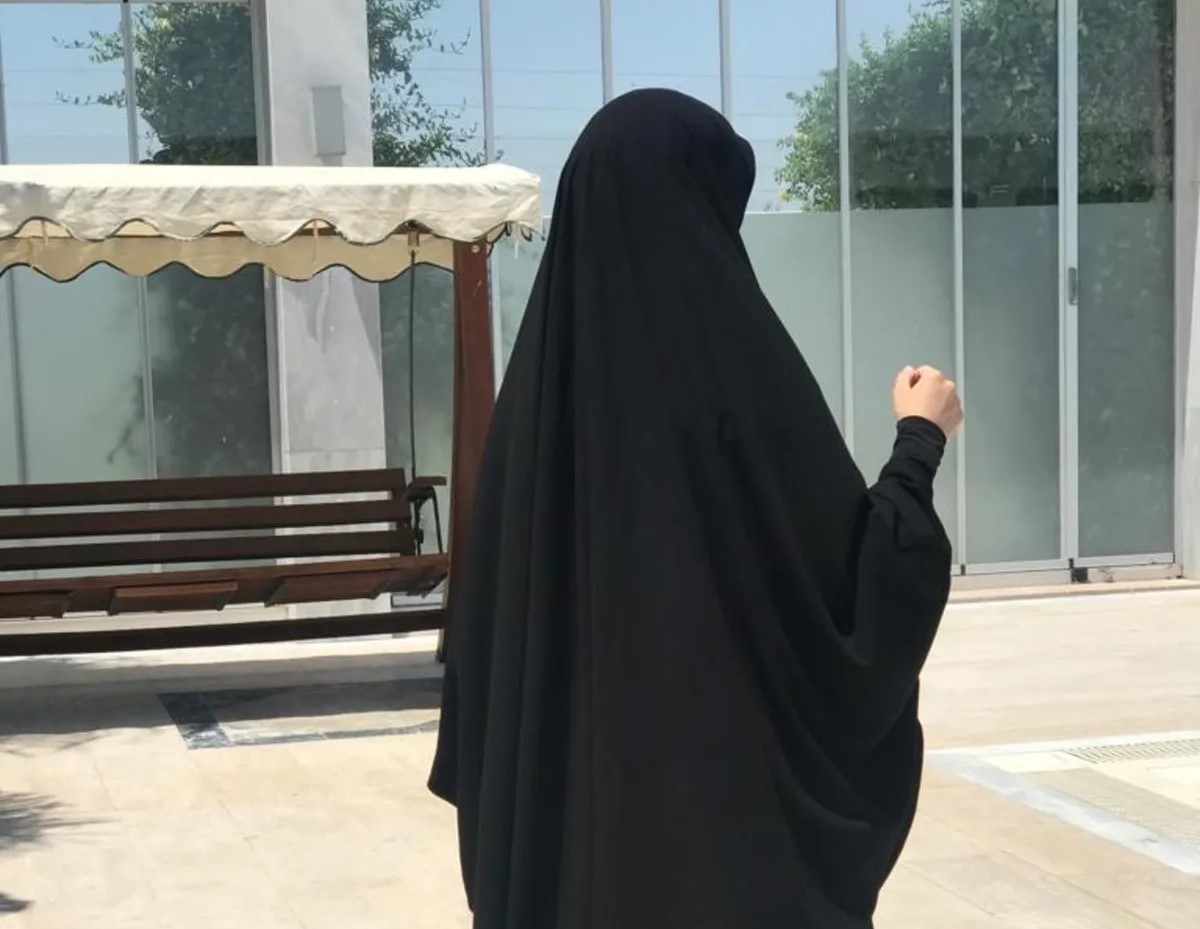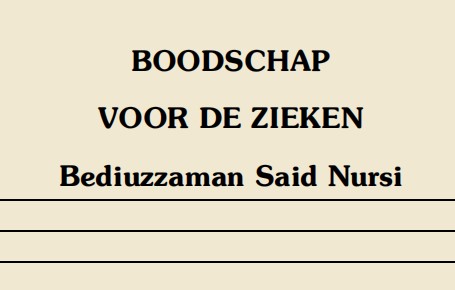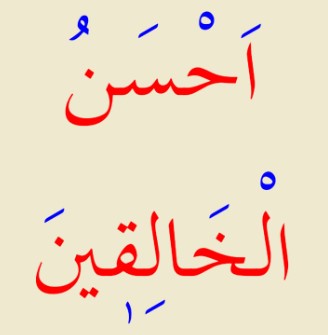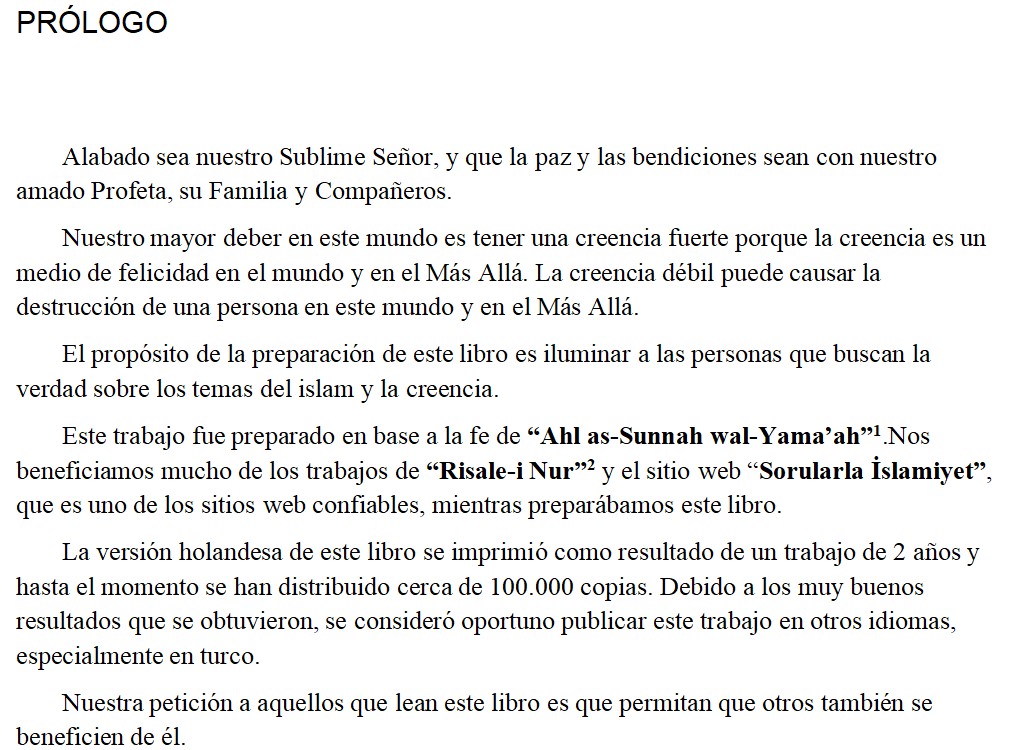
Islamic Dress
Hijab -tasattur- taken from the word "satr", means to cover. In the language of the Shari'ah, it is the covering of the whole body of the female in a way that does not reveal the body structure as declared in the Shari'ah.
Hijab, covering and wearing clothes, is not exclusive to such wisdoms as protection from cold and heat, and beautification. Hz. Ustad points out such a wisdom and says:
“It is required by the name of All-Wise that at the Great Gathering and resurrection of the dead, having been stripped of artificial clothes, Almighty Allah will clothe men in natural garments, just as He now clothes beings with spirits, other than man, in natural garments. In this world, the wisdom in artificial clothes is not restricted to protection against heat and cold, adornment, and covering the private parts; another important instance of wisdom is their resembling an index or list indicating man's power of disposal over the other species of beings, and his relationship with them, and commandership over them. He might otherwise have been clothed in cheap and easy natural dress. For if it had not been for this wisdom, man would have draped himself in various rags, becoming the laughing-stock of conscious animals and a buffoon in their eyes; he would have make them laugh. At the resurrection of the dead this relation will not be present, nor will the instance of wisdom, so neither should the list be present.” (The Letters - 442)
The aforementioned wisdom is not exclusive to clothing. Perhaps it also points out that man was created in need of everything with his universal nature and that man was made the owner of the Khilafat of the world by serving the needs of man, and thus man was raised to the fairest of forms as the most perfect creature.
"Bediuzzaman supports women wearing Islamic dress. He depicts those women who parade the streets half naked as troops under Satan's command in the war against Islam. He considers it a sin for women to participate in social life with bare legs. He believes that the immodest dress of the present is an obstacle to marriage and encourages immorality. According to him, what beautifies women and is their true adornment in social life, is not to exhibit their bodies but to conduct themselves in accordance with the norms and training of the Qur'an and Islam. He favours religious instruction. He says that thanks to the instruction given by the Risale-i Nur, convicts in prison are reformed in a space of two weeks, as is testified to by the prisons of Denizli and Afyon and their directors, guards, and judicial authorities. It is Bediuzzaman's opinion that youth who fall victim to alluring temptations can be saved through religious truths and the Risale-i Nur's teachings about belief." (Emirdag. Letters-2 - 405)
“Just as the Qur'an severely prohibits the worship of idols, so it forbids the worship of images, which is a sort of imitation of idol-worship. Whereas civilization counts the representation of forms as one of its virtues and has attempted to dispute the Qur'an in this matter. But represented forms, whether pictorial or concrete, are either embodied tyranny, or embodied hypocrisy, or embodied lust; they excite lust and encourage man in oppression, hypocrisy, and licentiousness. Moreover, the Qur'an compassionately commands women to wear the veil of modesty so that they will be treated with respect and those mines of compassion will not be trodden under the feet of low desires, nor be like worthless goods for the excitement of lust. {[*]: The Twenty-Fourth Flash of the Thirty-First Letter about the veiling of women has proved decisively that Islamic dress is natural for women, and that to cast it aside is contrary to women's nature.} Civilization, however, has drawn women out of their homes, rent their veils, and corrupted mankind. For family life continues through the mutual love and respect of man and wife. But immodest dress has destroyed sincere respect and affection and has poisoned family life. While worship of the human form in particular has shaken morality in appalling fashion, causing the abasement of the human spirit. This may be understood from the following: to look lustfully and desirously at the corpse of a beautiful woman who is in need of pity and compassion destroys morality; so too, to look lasciviously at the representations of dead women, or of living women for they resemble little corpses, shakes the elevated human emotions to their very roots, and destroys them.” (The Words - 433)
“Women Left Their Homes and Led Mankind Astray
When men become amiable through following their fancies, women become masculine by being impudent.
{(*): This is the basis of Tesettür Risalesi [The Twenty-Fourth Flash, Treatise On Islamic Dress for Women]. Twenty years later, a court of law forever shamed itself and its judges by making it the pretext for the author's conviction.}
Low civilization took womankind out of their homes, and turning them into common goods, destroyed the respect in which they were held.
The Shari'a of Islam mercifully invites them back to their homes. It is there they are respected, in their homes they are comfortable, in family life.” (The Words - 784)
Ustad Bediüzzaman, who was tried at the Eskisehir High Criminal Court in 1935 for compiling and publishing the Treatise on Hijab, was sentenced to one year in prison.
Nur Way





